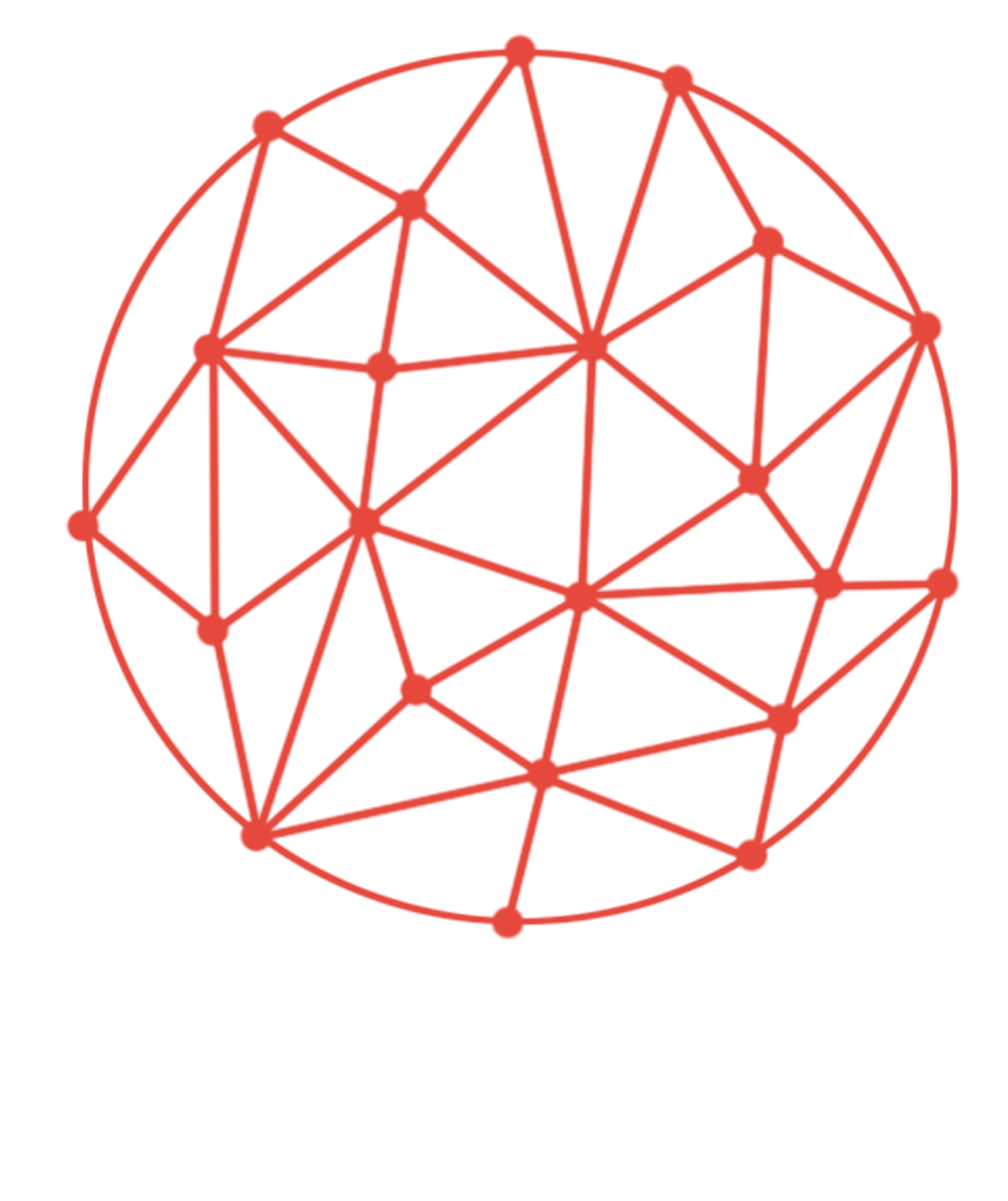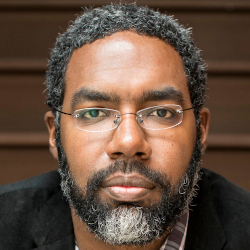Speakers abstracts
All times shown are GMT+1/UTC+1 (British Summer Time)
Matthew Weber

June 21, 18:00 – 19:00
Digital Data and a Multilevel Perspective of Institutions on the Web
As a place for organizing and the emergence of new organizations, the Web is a platform that has been evolving for more than 25 years. Digital data from the Web provides a rich platform for observing a wide range of social science phenomena – especially patterns of organizational activity. Simultaneously, Web Science has emphasized the intersection of disciplines as a way to understand the science of the Web, but it is equally important to theorize how we connect levels of activity on the Web (from individuals to organizations to ecosystems and governments). Building off a foundation grounded in institutional theory and the emergence of institutions, this talk outlines a multilevel perspective of institutions on the Web as a means of understanding the various processes by which organizational activity occurs. New approaches to data collection and analysis are discussed in order to enable a multilevel and longitudinal analysis of Web-based activity.
Martha Lane Fox
June 23, 15:30 – 16:30
In conversation with Wendy Hall on the future of the internet
Daniel J. Weiztner
June 24, 13:30 – 14:30
Why is our society having such a hard time governing the new digital computing infrastructure?
Jennifer Zhu Scott
June 25, 08:00 – 08:45
Global Digital Infrastructure in a Post-Pandemic World
Technology has become a transformative force in almost every aspect of our lives. It permeates our personal, economic, and political life. However, large for-profit tech companies or a handful of tech-savvy governments dominate the vast majority of digital services and solutions. Such a reality of our current data economy means highly concentrated data control and ownership.
The global pandemic is both a global public health and economic crisis. However, it also exposes the painful absence of a global digital infrastructure to provide critical services such as COVID-related data interoperability between countries to accelerate safe reopening. Billions of people are being vaccinated and tested for COVID. How should they prove and record their testing and vaccination data? Who should have access to and control such data? As the world reflects on a more responsible and inclusive data economy, how can we take the opportunity to build a global digital infrastructure that belongs to people from all countries? This talk discusses the technical as well as the governance considerations for a viable global solution, and what might be the future implications to the global data economy.
Deen Freelon
June 25, 14:15 – 15:15
The Post-API Age Reconsidered: Web Science in the ’20s and Beyond
Despite its brevity, the essay “Computational research in the post-API age” (Freelon, 2018) sparked an interdisciplinary discussion about options for collecting and analyzing social media data at a time when platforms were imposing tight restrictions on their formerly open APIs or closing them altogether. This keynote will explore some of what has and has not changed in the ensuing three years for computational researchers interested in social media data. In particular, it will focus on three key issues that have increased greatly in prominence since 2018: (1) the process of collaborating directly with social media companies on research projects, (2) the ethics of hacked and leaked datasets, and (3) ethnoracial and gender inequities in web- and computational social science.
Freelon, D. (2018). Computational research in the post-API age. Political Communication, 35(4), 665-668.




